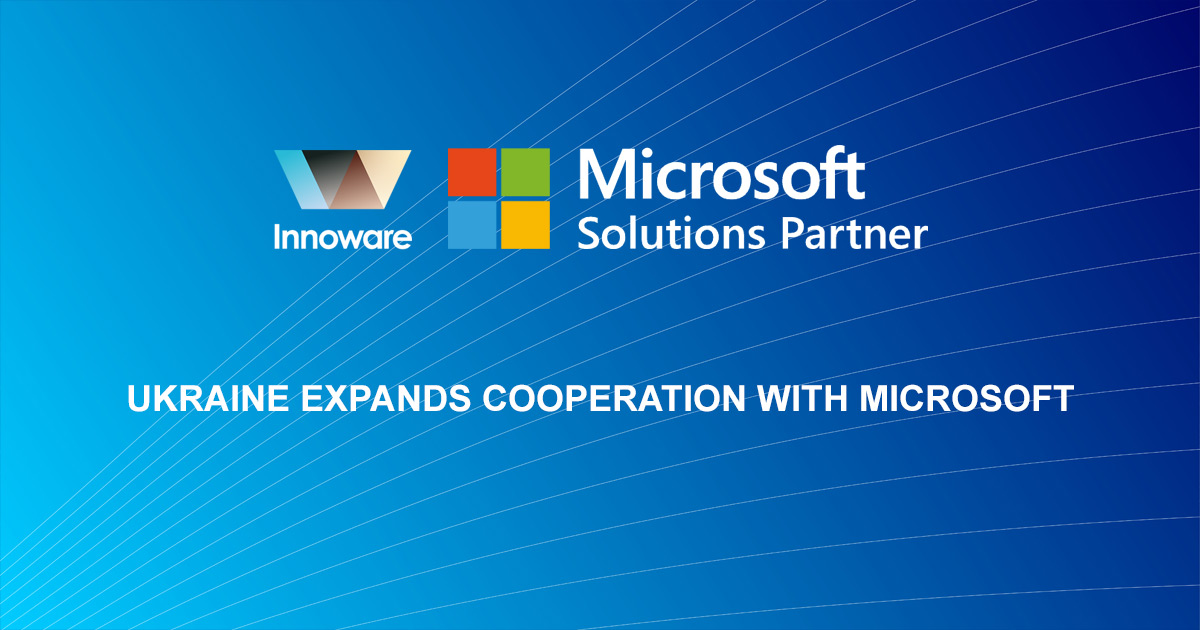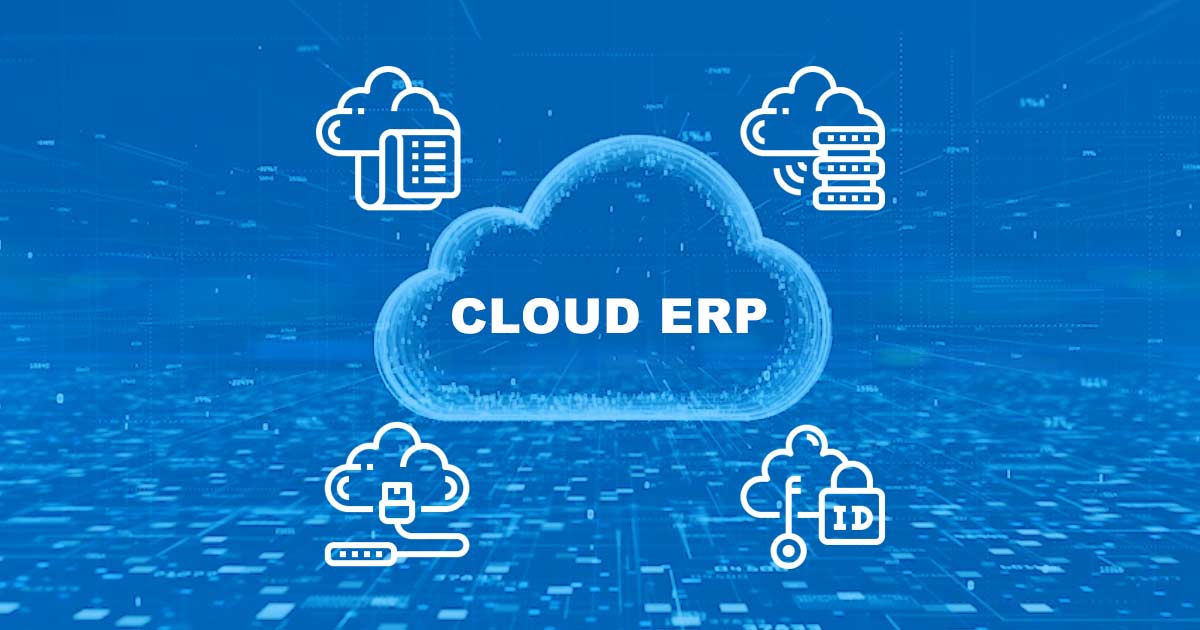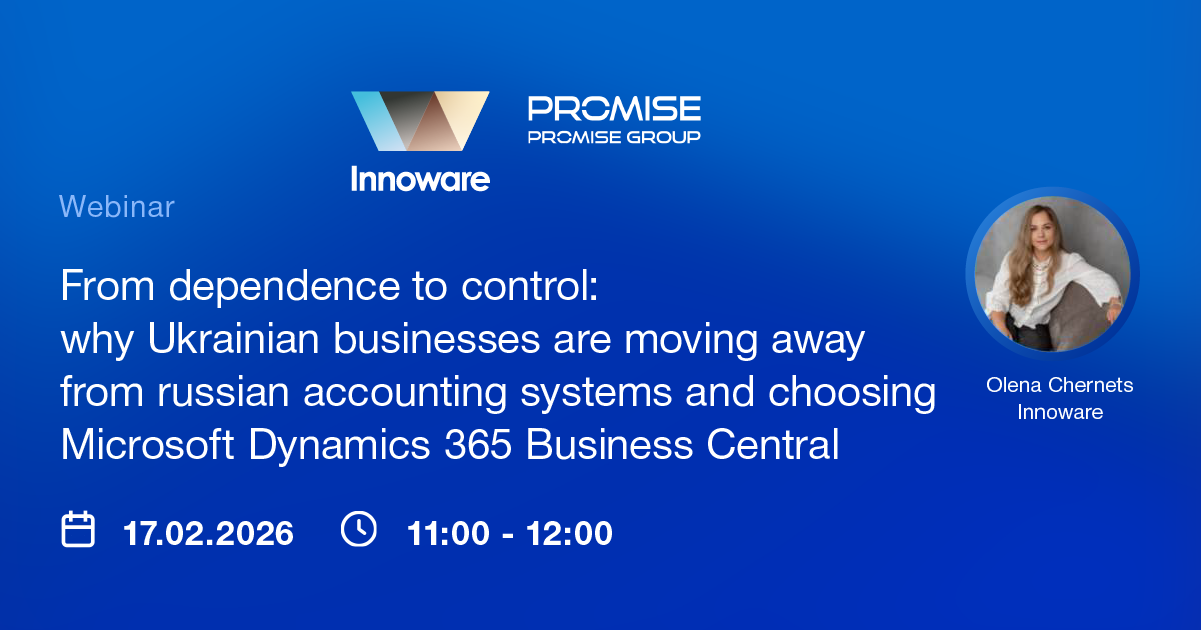
Why does future belong to cloud-based ERP solutions?

The global crisis caused by the global pandemic has raised a number of issues related not only to the need to create remote jobs quickly, but also to the ability to optimize resources as soon as possible, redirect them to other higher priority business tasks and goals, and adapt all business processes to new conditions required by the current market situation. Time was and remains the most valuable resource in the modern economy.
Let’s take a look at how the implementation of cloud solutions, for example: Microsoft Dynamics 365 Finance/Supply Chain Management, can “buy time and save investment”.
The main advantages of using cloud versions of ERP solutions (for example: Dynamics 365 Finance / Supply Chain Management / Business Central) are:
- Reducing preliminary costs for the formation of technical infrastructure and its maintenance.
On-premise versions of modern ERP systems require significant initial cash investments in equipment, its configuration and further maintenance (System requirements for on-premises deployments – Finance & Operations | Dynamics 365 | Microsoft Docs). Cloud ERP solutions are in no way inferior to on-premise solutions in performance and functionality, and in order to start using the application, you just need to buy a minimum license package.
- Quick and easy application activation.
The launch of a cloud ERP solution does not require special technical knowledge and takes on average no more than a day, while to deploy on-premise ERP applications, it is necessary to involve specialists (system administrators) who will take a week, or even more, to configure on-premise servers and install all the necessary additional programs.
- Organization simplicity and the authorized users’ system access high security level.
To work with Dynamics 365 Finance / Supply Chain Management / Business Central, the user only needs the Internet and any of the Internet browsers.
To organize the work of users with on-premise ERP solutions, it is necessary to involve specialists who will create and configure a special infrastructure that must be protected from possible unauthorized third-party interference.
- Round-the-clock uninterrupted user access to the system.
Without any additional human efforts and money investments, users can work with cloud ERP systems 24/7, from anywhere in the world, on any device and platform (Windows, Android, iOS).
- Licensing policy flexibility and ease of system management
When using cloud ERP systems, the company pays only for the number of active users. The cloud provider takes all the effort to manage the virtual machines that host the ERP system. In case of users and database active growth, the cloud solution provider quickly increases the resource of servers for virtual machines on which the ERP system is installed, while this does not affect the cost of monthly licenses in any way.
- Minimal system administration costs (regular updates, backups, database optimization, etc.).
All these tasks are fully undertaken by the cloud ERP solution provider (Microsoft) and the cost of these services is fully covered by the license cost. There are no additional fees. In the case of on-premise ERP, all system administration falls on the user (client) shoulders.
Otherwise, there are almost no differences – the procedure of cloud and land-based ERPs implementing is the same: requirements collecting and business processes design description, prototype set up, basic reference books/masterdata and open balances uploading, and then the system launch into operation.
Nevertheless, despite the obvious advantages of cloud ERP solutions, many companies are still skeptical about them. The main fear is the loss of control over the business due to the fact that all information about it will not be stored “nearby” (local servers), but somewhere far away. There is anxiety that information “in the cloud” may be insufficiently protected or transferred to third parties without company’s management knowledge.
At the same time, if we compare the level of protection provided by modern data centers – (We Live in the Cloud | Microsoft Story Labs), it cannot be compared with the tools used by the average company, as evidenced by disappointing statistics of “victims” of the fall of local servers due to virus attacks, technical failures and cataclysms.
To me, this attitude to cloud services strongly resembles the evolution of the cashless payments perception, without which the modern world cannot be imagined today. And although the history of the existence of non-cash payments has more than one hundred years, but today in some regions the level of tolerance to them remains quite low and there are still people who prefer cash and keep their savings “under the mattress.”
Of course, there are no ideal solutions, and cloud ERP systems, including Microsoft Dynamics 365 Finance / Supply Chain Management, Microsoft Dynamics 365 Business Central, also have a drawback – reliable Internet channel obligatory availability. But experts still point out that the benefits and usability of cloud solutions outweigh the potential risks.
The world will never be the same again! The ability to quickly respond to challenges and easily make changes in all business areas: from organizational structure and strategy to business processes and communications, respectively, to quickly adapt to new market challenges, this is what distinguishes a market leader from a catch-up.
For all questions related to the ERP projects implementation, please contact me directly or leave a request on our website innoware.com
Kateryna Mamonova
Partner at Innoware
INNOWARE USA
501 Silverside Rd, Ste 105, # 4995,
Wilmington, Delaware, 19809-1376,
United States
Tel.: +1(302)4672024
E-mail: info@innoware.com
INNOWARE UAE
Premises 407-FZBA 055, 4th Floor, Sheikh Rashid Tower, Dubai World Trade Centre,
Dubai, United Arab Emirates
Tel.: +971588894591
E-mail: info@innoware.ae
INNOWARE UKRAINE
3, Sholudenka St., office 204 (Cubic BC)
Kyiv, Ukraine, 04116
Tel.: +380(44)4902220
E-mail: info@innoware.com


